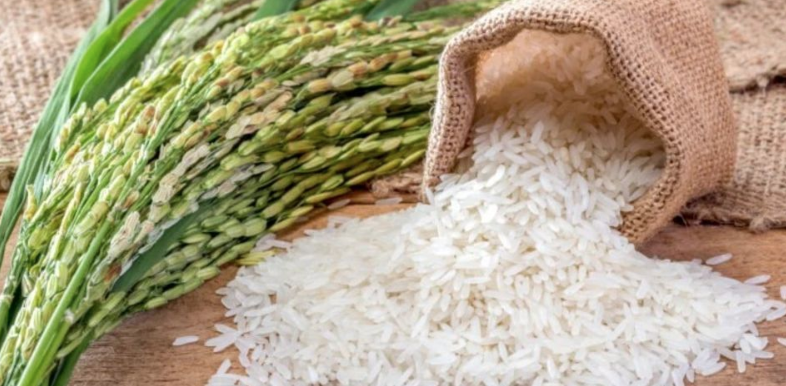Roundtable Meetings on Rice Production
The Common Fund and the European Cooperative for Rural Development (EUCORD) recently organized two Consultative Round Table Meetings on rice production in Uganda and Tanzania. The meetings, which were hosted by Sasakawa Global 2000 in Uganda and SNV, the Netherlands Development Organization in Tanzania, were attended by representatives from government, research institutions, development agencies and the private sector.
Objectives of the meetings were to:
1. Review the current state of rice value chains in both countries
2. Identify key constraints and opportunities
3. Provide recommendations on how rice value chains can be enhanced
According to the Africa Rice Center (formerly WARDA), Africa only produces 3 percent of global rice production and is importing USD 5 billion worth of rice yearly. In 2009 Africa imported 9.8 million metric tons of rice, which represents one third of the world market and 40 percent of total needs. Uganda and Tanzania are both net importers of rice and have the intention to double rice production by 2018 and become exporters.
During the Round Table Meetings it became clear that both countries share several common bottlenecks to reach this objective including: 1) lack of farmers' access to production technologies including quality seed, fertilizer and agro-chemicals; 2) poor access to agricultural credit; 3) lack of appropriate mechanization (both for production and post-harvest activities); 4) limited investment in irrigation; 5) lack of grading standards; and 6) limited private sector investment in large-scale rice processing.
Preliminary recommendations that would apply to both countries:
- Support seed multiplication and marketing of improved rice varieties;
- Capacity building of farmers on rice intensification and post-harvest handling;
- Diffusion of improved rice technologies using a private sector led approach (stock management and use of a rice box);
- Promotion of appropriate labor-saving technologies, e.g. through equipment hiring schemes and conservation tillage;
• Scaling up of proven supply chain models, e.g. nucleus estate out-grower schemes in collaboration with large scale rice processors.
Findings from both meetings will be used for the development of a proposal, which will aim to support a market-led, value chain CFC-funded pilot project in the two countries, with possible co-financing from other donor organizations and in synergy with ongoing rice development activities. CFC is currently funding three rice development projects in Africa and another in Central America.

